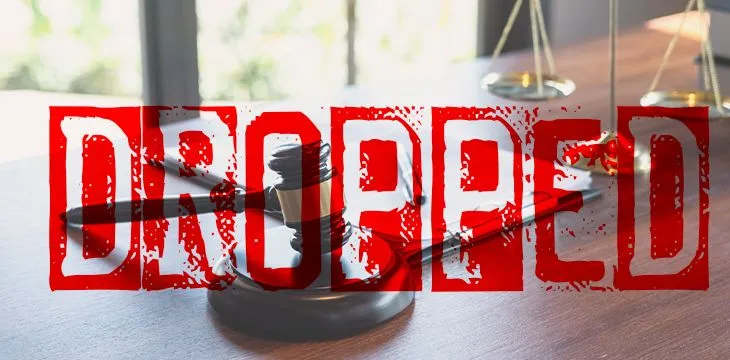|
Getting your Trinity Audio player ready...
|
American telecom giant AT&T has not given up in its quest to have a lawsuit filed by an aggrieved digital currency investor dropped. In its latest effort, the Texas-based company is asking the court to dismiss the lawsuit as it relies on flawed allegations.
Seth Shapiro fell victim to a SIM-swap back in 2018, losing over $1.9 million worth of digital currencies to the cyber criminals. He later sued AT&T, claiming that some of its employees conspired with the criminals. The employees allegedly fed the criminals critical information that allowed them to swap his SIM card, access his digital currency wallets and clean them out.
AT&T, which is the largest telecom in the world with a $260 billion market cap, has been fighting the claim ever since. In its latest filing, the firm follows up on a previous filing in which it claimed that Shapiro’s claims were fatally flawed. The previous filing was thrown out by a California court.
Shapiro’s amended complaint “does not come close to curing the inadequacies this Court found in Mr. Shapiro’s claims under the California constitutional right to privacy and the California Consumer Legal Remedies Act,” the company claims.
The motion to dismiss, which was filed at the Central District of California Court, further seeks to discredit Shapiro’s claim that AT&T violated his right to privacy. Shapiro’s privacy violation motion was determined to be too vague in the court’s previous ruling. While he has amended the motion, AT&T claims that he did no more than “add a few additional, equally vague, descriptors of the information at issue.”
AT&T further alleges that Shapiro fails to prove that its conduct constituted “an egregious breach of the social norms.” As regrettable as it is that Shapiro lost personal data through insufficient security by AT&T, this doesn’t breach the norms that pertain to the protection of sensitive data.
The company urged the court to dismiss the lawsuit. “Because Mr. Shapiro cannot remedy the flaws in these claims, the dismissal should now be with prejudice.”
Shapiro, who is the head of strategy for blockchain startup VideoCoin, claimed that he lost his life savings through the SIM-swap.
AT&T is currently fighting an even bigger lawsuit filed by Michael Terpin, an investor who lost $24 million to a similar incident. However, unlike Shapiro, Terpin’s case has passed the first stage and is more likely to be decided in his favor. He demanded $24 million in compensation for his loss, as well as $200 million in punitive damages.

 07-09-2025
07-09-2025 





